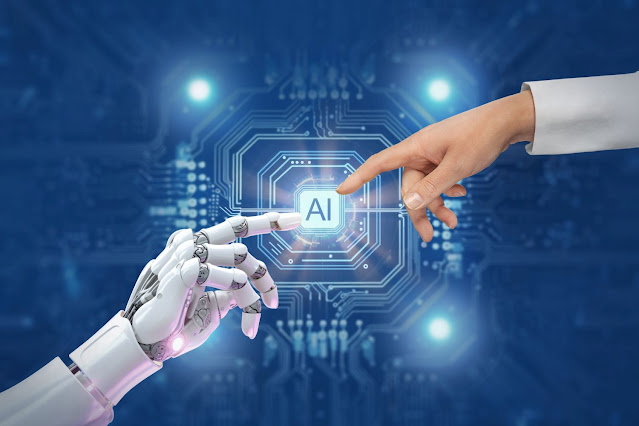Posts
Showing posts with the label Technology
Why the coming AI transformation should make you feel icky
- Get link
- X
- Other Apps
AI videos of child sexual abuse surged in 2025 as Grok faces investigation
- Get link
- X
- Other Apps
New regulations in China target online religious content
- Get link
- X
- Other Apps
New study sheds light on ChatGPT’s alarming interactions with teens
- Get link
- X
- Other Apps
X's history of promoting sexual exploitation leads to doubts about 'kid-friendly' app
- Get link
- X
- Other Apps
MinistryWatch Guide to Giving to Anti-Trafficking Organizations
- Get link
- X
- Other Apps
Trump's 'Big Beautiful Bill' would prohibit states from regulating AI for 10 years
- Get link
- X
- Other Apps
Elon Musk has a Messianic mission of saving the world
- Get link
- X
- Other Apps
America Has Become a 'Surveillance Prison' - Our Devices and Our Government Are Spying on Us
- Get link
- X
- Other Apps
China, Iran using AI to 'track and repress' Christians like never before, expert warns: 'Truly Orwellian'
- Get link
- X
- Other Apps
In Step with the Spirit, Out of Step with the Internet
- Get link
- X
- Other Apps
How a Handful of Billionaires Created the Transgender ‘Movement’
- Get link
- X
- Other Apps
Breakpoint: Is AI Just Another Tool, or Something Else?
- Get link
- X
- Other Apps



















